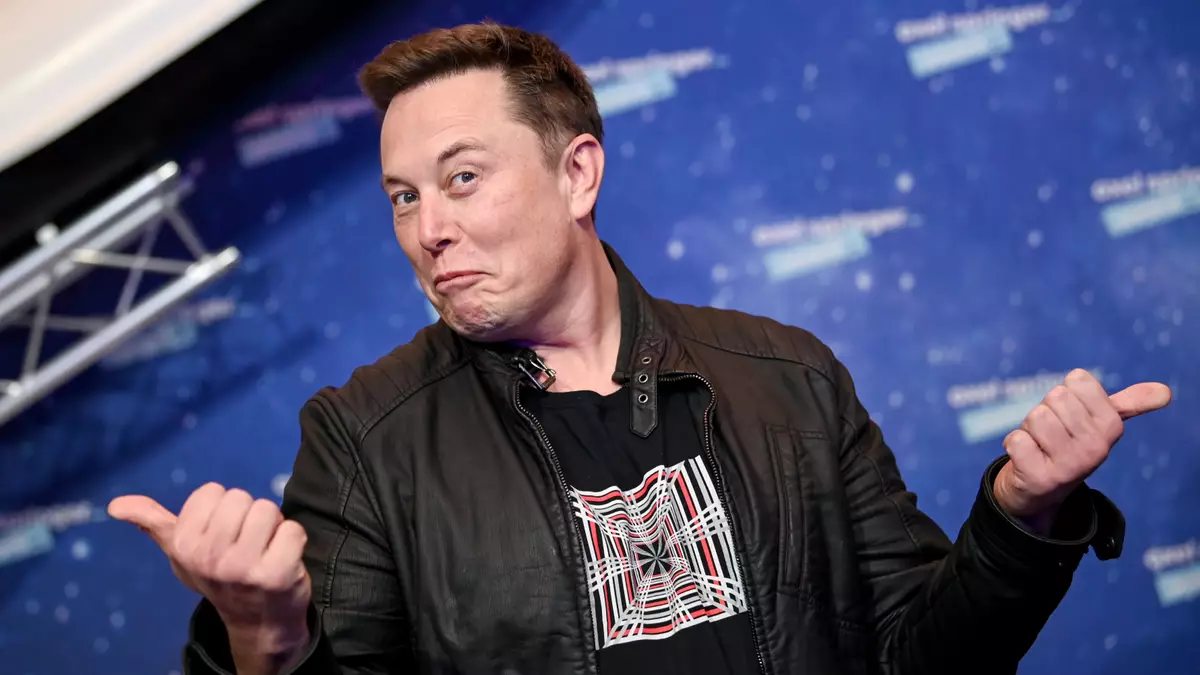DeepEnigma
Gold Member

We already know of Elon Musk's dream for mankind to colonise Mars, right? So here's some good news for people who are into that idea - back in the 1940s, a scientist 'predicted' that he would lead us there.
Well, sort of.
The manuscript for a book titled The Mars Project has been shared on social media, with people making the link between one key line and tech billionaire Elon Musk, who is at the forefront of the human effort to travel to the Red Planet.
Written by German scientist Wernher von Braun in 1948, the book is essentially a technical specification for the mechanics of life and society on Mars, explaining how it could work.
And one paragraph, which looks at how the planet will be governed, predicts that it will be led by the 'Elon'.
The passage, translated into English, reads: "The Martian government was directed by ten men, the leader of whom was elected by universal suffrage for five years and entitled the 'Elon'.
"Two houses of parliament enacted the laws to be administered by the Elon and his cabinet."
Now, this isn't a specific reference to the South African businessman, of course. It was written more than 70 years ago... but it's still very spooky.
With von Braun being a religious individual, the term is thought to stem from the Hebrew word meaning 'oak tree', likely referring to a leader being a sturdy individual.
The Mars Project was originally conceived as the appendix to Marsprojekt, a science fiction novel written by von Braun in 1948, but it formed the basis of a lecture he gave at the First Symposium on Spaceflight held in New York City three years later.
The following year, the appendix was published separately in Germany, before receiving an English publication in 1953.
And if recent developments are anything to go by, the real life Elon and his team are getting closer and closer to their ambition of making it to Mars in the next few years.
Just this week, SpaceX finally landed a version of its Mars-bound Starship rocket without it exploding into a million pieces, which is a huge achievement.
The SN15 rocket, a 165-foot leviathan, was launched from the company's Boca Chica testing facility in Texas at 5.25pm local time on 5 May and managed to get 10 kilometres up into the air, emerging from the top of a cloud that had previously been obscuring it, before descending horizontally and then righting itself at the last second by firing the engines.

It's a seriously cool feat of engineering.
You wouldn't believe that a huge stainless steel rocket could successfully manage to stick such a delicate and soft landing, but it did.
That's more than can be said for some of the other tests they've had, where the rockets have been blown to smithereens either upon or just after landing.
After this one came down there were a few moments of tentative waiting as flames were spotted coming from the bottom of the machine.
Those fires were put out by remotely controlled water hoses, and it seems as if everything went pretty much to plan.
Naturally, Musk will have been delighted to see his project finally manage to stick a landing. After those fires had been extinguished - and with them, the threat of explosion - he tweeted: "Starship landing nominal!"

Scientist Predicted 'Elon' Would Lead Humans On Mars Back In 1948
Elon Musk is at the forefront of efforts to get mankind to the Red Planet.








